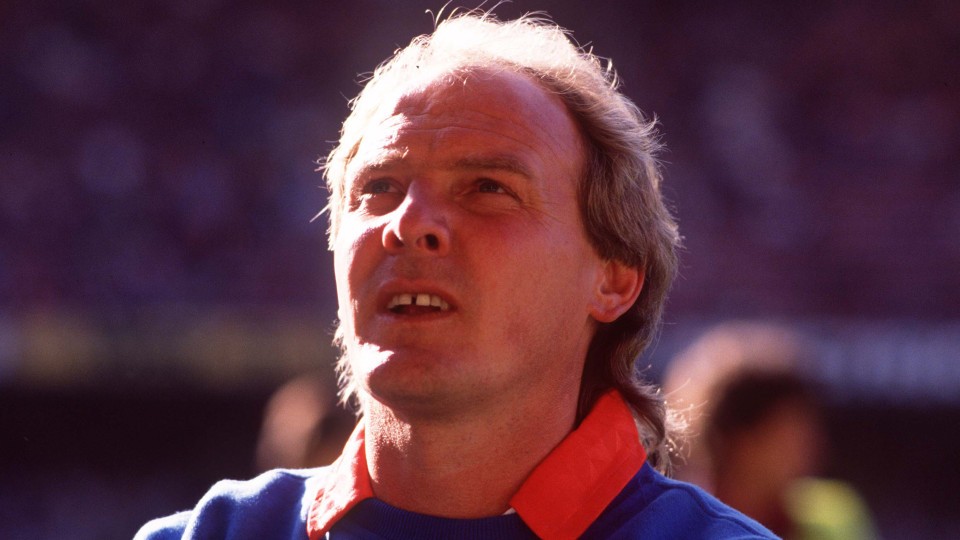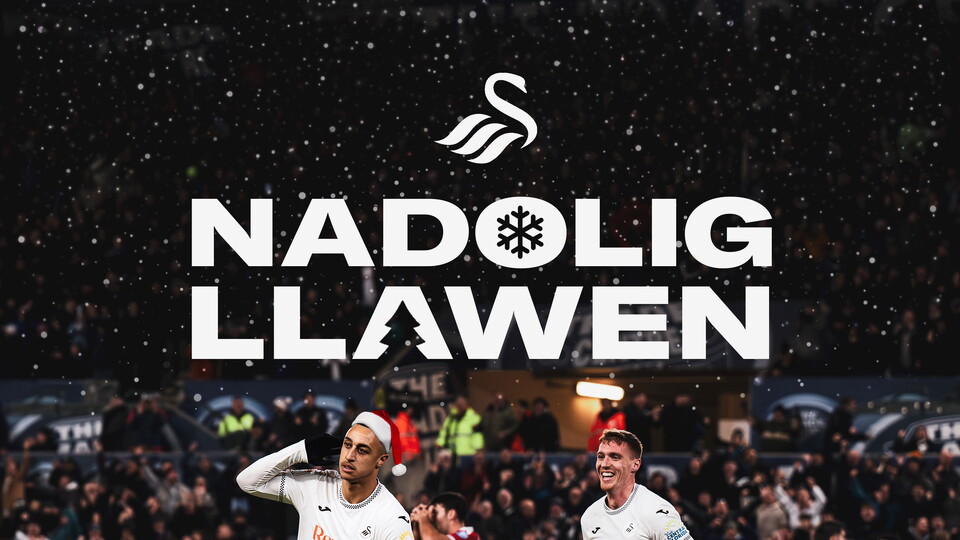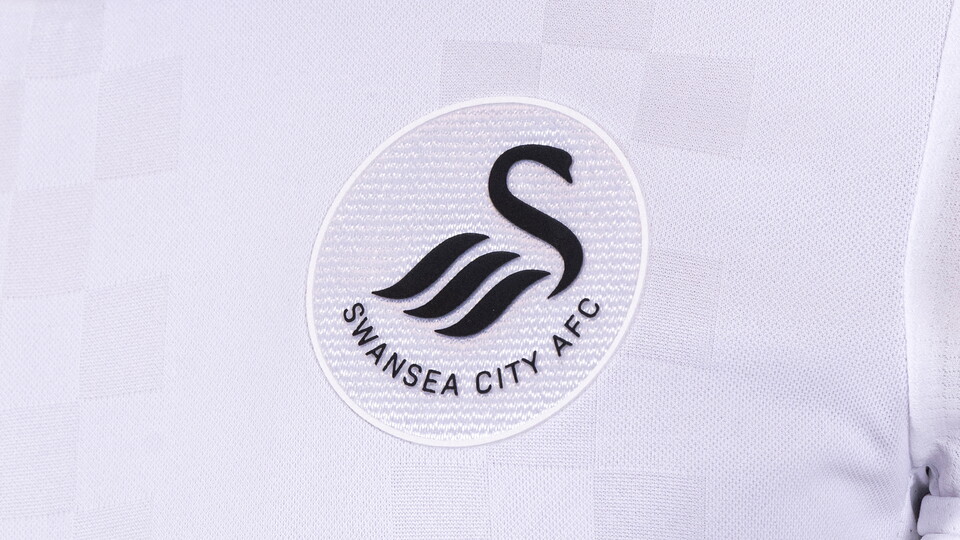1860 Munich Swansea City
Sat, 07/18/2015 - 09:00
Brief history
Despite their name, 1860 München were originally formed in 1848 as a gymnastics club - Münchener Turnverein.
The name 1860 came into being in 1898 and the first football arm of the club was founded in 1899, with the first match taking place in 1902 - over 50 years after the initial establishment. The lion, the club's symbol, was added to the crest in 1911.
They began to establish themselves among the country's top clubs in the 1920s and by 1926 they had a 40,000-capacity stadium. Nevertheless, Germany did not found its own league - the Bundesliga - until as late as 1963, meaning the football pyramid was fragmented, governed regionally across seven areas that mostly played their championships in the form of cup competitions.
In 1963, over 100 years since the club was first founded in the Munich pub - Buttleschen Brauerei zum Bayerischen Löwen - and in the year of their Oberliga Süd title success, they became one of the founding members of the Bundesliga - Germany's first nationwide competition.
1860 went on to win their first and only Bundesliga title in 1966 - the first team to take the trophy back to Munich - in what was becoming a golden period for the club, having lifted the German Cup in 1964 and reach the Cup Winners Cup final a year later - losing to West Ham in the final.
But in 1969, the club were relegated as the balance of power shifted towards their bitter rivals Bayern Munich.
It got worse in the following decade, massive financial problems saw 1860's licence revoked and the club were banished to the third - and amatuer - tier for the 1982-83 campaign.
It sparked a mass exodus of players, with the likes of Rudi Voller exiting the club.
Just over ten years of playing in the footballing wilderness, 1860 finally returned to the top tier in 1994.
The club spent ten consecutive seasons in the top flight, often finishing comfortably in mid-table, and even storming to fourth place in the 1999-2000, qualifying for the Champions League which ended in defeat to Leeds.
Despite the heady days around the turn of the millennium, 1860 were unable to sustain their lofty league position and slowly slid towards relegation, returning to the second division in 2004, where they have remained to this day - albeit by the skin of their teeth, as they avoided relegation following a dramatic play-off victory to stay in the division.
Last season
The drama continued until the very last minute of the season for 1860, who faced relegation to the third tier if they were beaten in a play-off.
Having finished third bottom in Bundesliga 2 and avoiding automatic relegation through goal difference, they took on third-tier side Holstein Kiel in a two-legged play-off.
1860 secured a 0-0 draw in the first leg, and the return match was as dramatic as they come.
Playing in front of over 50,000 at the Allianz Arena, 1860 trailed 1-0 with 12 minutes to go. Then came the drama, with the hosts levelling before firing a last-minute winner to retain their spot in Bundesliga 2.
Manager
Torsten Fröhling - During his playing days he most notably featured for Hamburger SV and St Pauli in the 1990s, before going on to manage Holstein Kiel's reserve and first team. Was appointed interim head coach in February this year and, ironically, his 1860 side would deny his former club a spot in Bundesliga 2 in a play-off. Signed a new deal in June after helping the club to avoid the drop.
Key players
Rubin Okotie - The Austrian international was the fifth-highest scorer in the second tier, notching 13 goals.
Daniel Adlung - Creative midfielder Adlung made ten assists during the campaign - the second-highest tally. Adlung won the 2009 Under-21 Euro Championship with Germany, who went on to beat England 4-0 in the final. He was among good company, with the likes of Mesut Ozil, Sami Khedira, Mats Hummels and Manuel Neuer in the squad.
Notable former players
Abedi Ayew - Father of current Swans forward Andre, Abedi is arguably Africa's greatest footballer. He spent two years at 1860 between 1996 and 1998, with the three-time African player of the year also winning the French title with Marseille along with winning the 1993 Champions League title. On the international front, Ayew helped Ghana win the 1982 African Cup of Nations.
Thomas Hassler - A World Cup winner in 1990 and Euro 96 glory meant Hassler was one of Germany's main men in the 12 years he was involved in the national team. He spent four years at 1860 following spells at Juventus, Roma and Borussia Dortmund.
Ned Zelic - Known in English football for a club-record move to QPR, the Australian defender's time in London was short-lived as he was moved on to Eintracht Frankfurt following just 11 appearances for the Hoops. A Bundesliga champion and Uefa Cup runner-up with Borussia Dortmund, Zelic made over 100 appearances in his four years with 1860.
Gabor Kiraly - The Hungarian keeper was a popular figure throughout every club in his career, and was famous for wearing trousers while playing. He featured for Hertha Berlin for seven years before joining Crystal Palace in 2004. Loan spells with West Ham and Aston Villa followed before he signed permanently for Burnley. Joined 1860 in 2009, spending five years at the Allianz Arena before returning to England to sign for Fulham. Now 39, the 95-cap still plays for Hungary and domestically for the club he started his career with - Szombathelyi Haladás.
Lars Bender - The midfielder became 1860's youngest captain while aged 19. His impressive performances over a three-year period caught the attention of Bayer Leverkusen, for whom he came second in the Bundesliga in 2011. The 19-cap international missed out on Germany's successful 2014 World Cup campaign through injury.
Honours
Domestic
German championship (Bundesliga): Champions: 1966
Runners-up: 1931, 1967
Oberliga Süd: Champions: 1963
Gauliga Bayern: Champions: 1941, 1943
2nd Bundesliga Süd: Champions: 1979
Runners-up: 1977
2nd Oberliga Süd: Champions: 1955, 1957
Bayernliga: Champions: 1984, 1991, 1993
Runners-up: 1986, 1990
German Cup: Winner: 1942, 1964
Europe
European Cup Winners Cup: Runners-up: 1965


